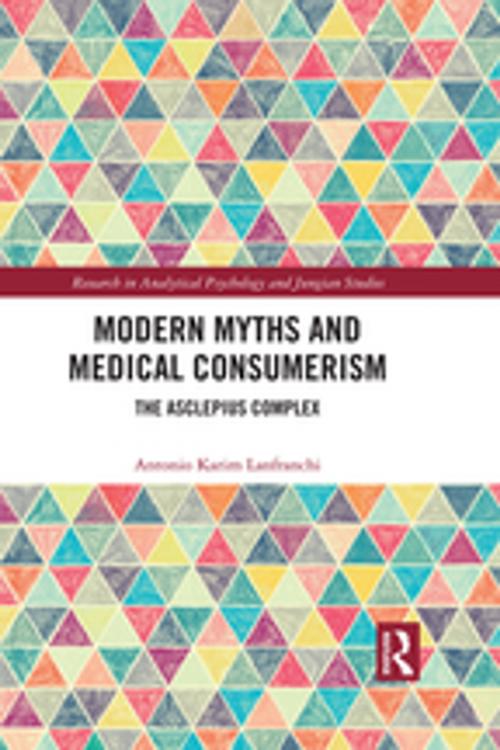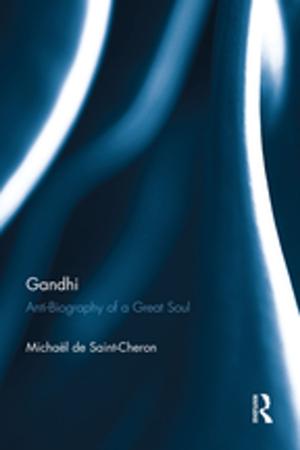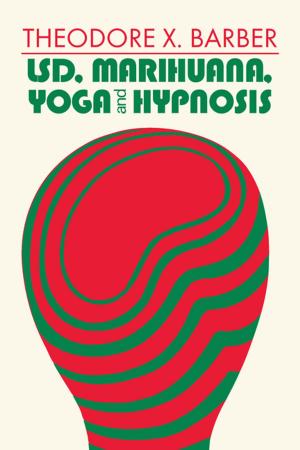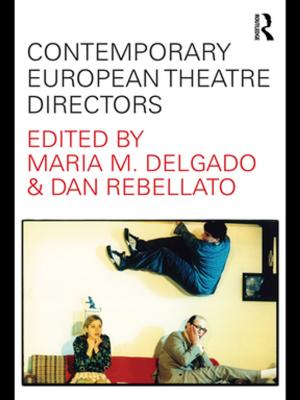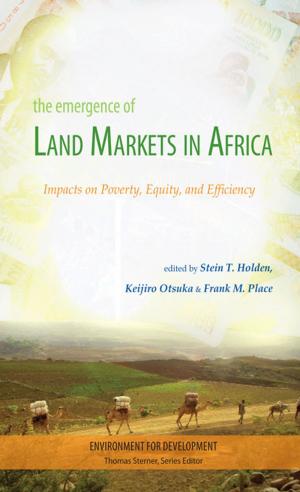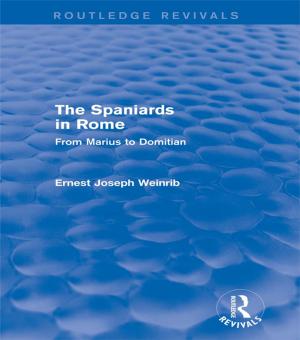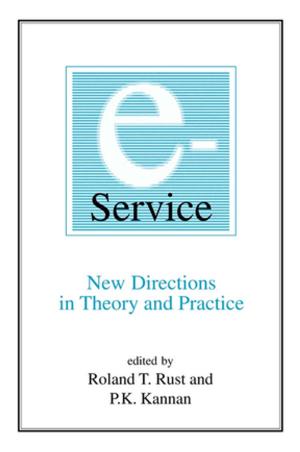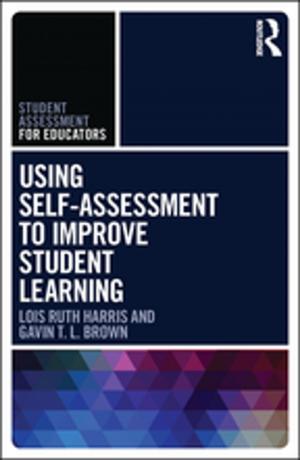Modern Myths and Medical Consumerism
The Asclepius Complex
Nonfiction, Health & Well Being, Psychology, Mental Health| Author: | Antonio Lanfranchi | ISBN: | 9781351167628 |
| Publisher: | Taylor and Francis | Publication: | March 15, 2018 |
| Imprint: | Routledge | Language: | English |
| Author: | Antonio Lanfranchi |
| ISBN: | 9781351167628 |
| Publisher: | Taylor and Francis |
| Publication: | March 15, 2018 |
| Imprint: | Routledge |
| Language: | English |
Modern Myths and Medical Consumerism is concerned with the loss of a sense of limit in technological medicine today, and the way in which the denial of death leads to an uncontrollable, consumeristic multiplication of needs. Taking its starting point from C. G. Jung’s analytical psychology, the book gives a symbolic interpretation based on archetypal, philosophical and socio-psychoanalytic ideas developed through the author’s personal experience, moving from the medical to the psychoanalytical paradigm.
Lanfranchi depicts ideal sources of medicine, based on archetypal material drawn from Greek myth, and discusses the progressive steps of the doctor’s consciousness’ evolution up to contemporary times. Critiquing current medicine and its ‘modern myths’, the book suggests the prevailing model of economic development is unsustainable, and provides prospects of a more contained ecological medicine and an ethical approach that will allow readers to reflect and move towards a more qualified attitude to mortality.
The book meets the need to transform medicine into a critical domain of human experience, capable of providing essential services consistent with the naturalness of death and environmental sustainability. As such, it will be vital reading to academics in the fields of psychotherapy, analytical psychology, psychiatry and medicine, and those with a philosophical or sociological background.
Modern Myths and Medical Consumerism is concerned with the loss of a sense of limit in technological medicine today, and the way in which the denial of death leads to an uncontrollable, consumeristic multiplication of needs. Taking its starting point from C. G. Jung’s analytical psychology, the book gives a symbolic interpretation based on archetypal, philosophical and socio-psychoanalytic ideas developed through the author’s personal experience, moving from the medical to the psychoanalytical paradigm.
Lanfranchi depicts ideal sources of medicine, based on archetypal material drawn from Greek myth, and discusses the progressive steps of the doctor’s consciousness’ evolution up to contemporary times. Critiquing current medicine and its ‘modern myths’, the book suggests the prevailing model of economic development is unsustainable, and provides prospects of a more contained ecological medicine and an ethical approach that will allow readers to reflect and move towards a more qualified attitude to mortality.
The book meets the need to transform medicine into a critical domain of human experience, capable of providing essential services consistent with the naturalness of death and environmental sustainability. As such, it will be vital reading to academics in the fields of psychotherapy, analytical psychology, psychiatry and medicine, and those with a philosophical or sociological background.
